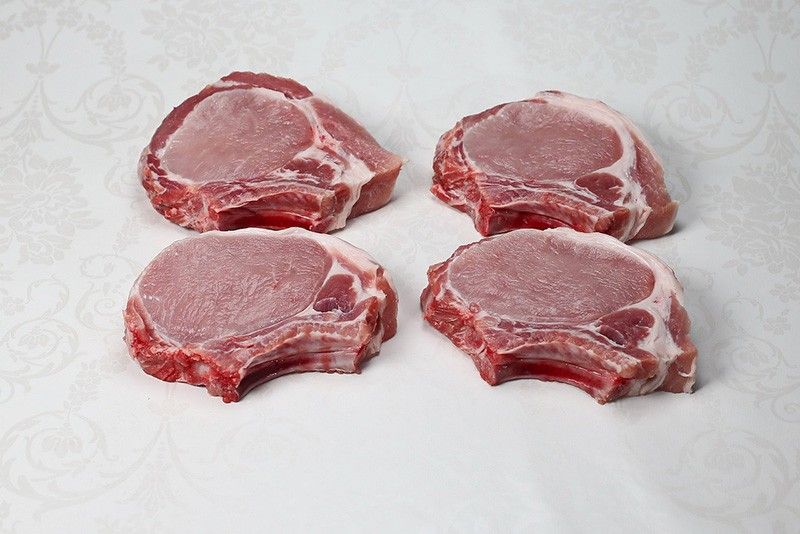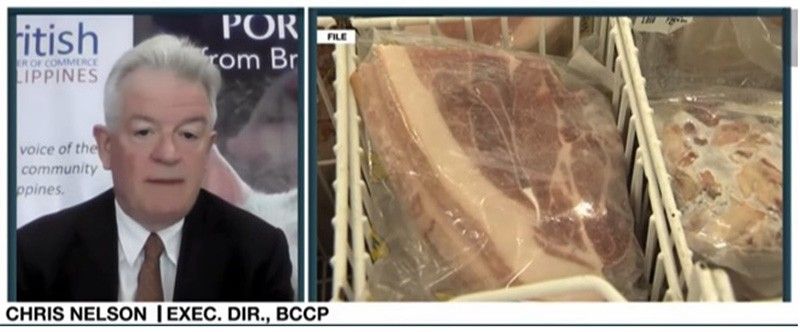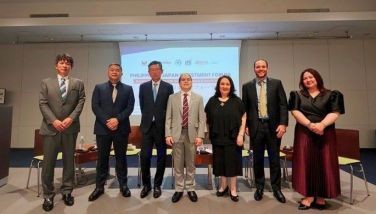British Chamber reiterates concerns on reported changes on minimum access volume

The British Chamber of Commerce Philippines (BCCP) remains concerned of the reported delay of quota distribution to meat importers–noting it may cause inflationary pressures in the country which echoed the sentiments of the Meat Importers & Traders Association (MITA), in a letter addressed to Department of Agriculture Secretary Francisco Tiu Laurel Jr. yesterday.
BCCP Executive Director/Trustee Chris Nelson emphasized how it may impact supply, existing trade agreements, and may undermine the efforts to fight inflation–citing the consistent efforts of BCCP and the significance of the recent signing of the Executive Order No. 50 which warranted the extension of lowered tariffs for pork due to present economic condition of the country. In a recent interview:
“We are very strong supporters of the extension of the Executive Order [50], we believe strongly that allowing pork to come at lowered tariff rates is a help for inflation and food security. In that context, we would not wish to see a suspension of MAV. As we’ve discussed on previous programs, pork supply has been impacted locally due to African Swine Fever and there’s definitely a need to further continue pork imports.”
Based on the report, a provisional minimum access volume import certificate (MAVIC) would be issued to licensees with only 25% of the tentative annual allocation for the pork MAV. The British Chamber further noted that it welcomes any inputs and dialogue with the Department of Agriculture, and other relevant parties to avoid concerns which may lead to the disruption in the supply chain, food security, and inflation.
Previously, the British Chamber also expressed its concerns on the reported suspension of MAV for pork imports that may impact inflation and food security–taking into account the challenge facing the African Swine Fever (ASF), which remains to be active in 8 regions, 12 provinces, 28 municipalities and 122 barangays, as reported by the Bureau of Animal Industry.

Meanwhile, the British Chamber consistently advocated for the extension of lowered tariffs under and urged the passage of the Anti-Agricultural Economic Sabotage Act–further improving the agricultural sector while aiming to safeguard the local farmers and consumers against unfair market practices and support local industries.
“We hereby acknowledge the role of agriculture in the Philippine economic growth and we look forward to the Bicameral Conference and therefore, the passage of the Anti-Agricultural Economic Sabotage Act.”
The British Chamber has consistently advocated and reaffirmed the UK-PH trade–with the latter being the 2nd largest pork export market in Asia, further improving the domestic market by introducing quality and safe British meat to their local counterparts, contributing to the overall bilateral trade.
- Latest
























